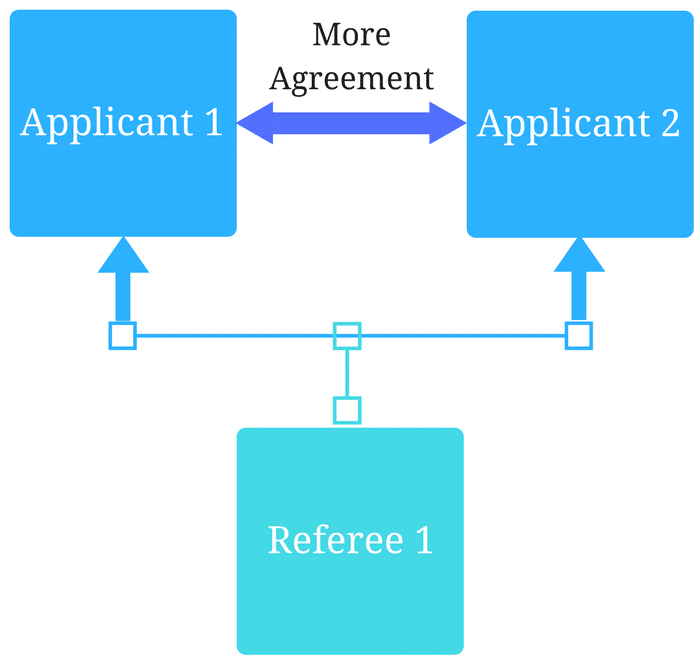Case Study: How Casper Supports World-Class Veterinary Science Programs in Australia and New Zealand

September 30, 2025
Australia and New Zealand are home to some of the world’s most prestigious veterinary science programs. With top-ranked, AVMA-accredited universities, these programs deliver globally recognized qualifications and open pathways to international careers.
Students benefit from unmatched hands-on training, exposure to unique wildlife, cutting-edge facilities, and strong research opportunities in areas like biosecurity and epidemiology. Coupled with rising demand for veterinarians, the region offers both academic excellence and outstanding career prospects.
But what truly sets these programs apart is not just the world-class training: they also use a sophisticated admissions process to select the candidates most likely to succeed.
The Challenge
Veterinary science requires more than academic knowledge. Successful veterinarians must demonstrate strong communication, empathy, ethical judgment, and professionalism—skills not easily measured by traditional grades or test scores. Admissions teams needed a fair, defensible, and efficient way to assess these qualities and identify applicants with the potential to thrive both in-program and in practice.
Here are just a few of the distinguished Australian institutions using Casper in the veterinary sciences program:
- The University of Adelaide
- James Cook University
- Charles Sturt University
The Solution: Casper
For over 10 years, every veterinary science program in Australia and New Zealand has integrated Casper, a situational judgment test, into their admissions process. Casper is designed to measure the personal and professional competencies essential to veterinary careers, including:
- Collaboration and teamwork
- Empathy and resilience
- Problem-solving and ethical reasoning
- Self-awareness and communication
Using real-time, open-response video and text scenarios, Casper captures authentic insights into an applicant’s values, decision-making, and perspective. This data is far more reliable than personal statements or reference letters.
Casper is also built for today’s digital environment, with features that ensure fairness and security:
- AI-resistant: Each test contains unique content, and questions are open-response, requiring moral and ethical discernment.
- Time-limited responses: Encourages authentic thinking and prevents test takers from “gaming” the system
- No copy-paste: Safeguards originality and adds additional AI barrier
- Virtual proctoring & video interviews: Maintains integrity, offers test takers live-support, and ensures security
The Results
By combining Casper results with traditional academic measures, admissions teams in Australia and New Zealand gain a well-rounded, defensible view of each applicant. This approach allows them to:
- Identify high-potential candidates who may otherwise be overlooked
- Save time and resources in the admissions process
- Admit students who consistently demonstrate strong professional and interpersonal skills
- Ensure graduates are well-prepared to excel in clinical practice and research
Conclusion
Australia and New Zealand’s veterinary science programs are recognized globally for producing highly skilled veterinarians. By embedding Casper into admissions, these programs have created a fair, rigorous, and future-focused selection process that ensures only the most capable, compassionate, and resilient students enter the field. The result: a new generation of veterinarians ready to thrive in-program, practice, and beyond.
Related Articles

How interviews could be misleading your admissions...
Most schools consider the interview an important portion of their admissions process, hence a considerable…
Reference letters in academic admissions: useful o...
Because of the lack of innovation, there are often few opportunities to examine current legacy…
